5083 Marine Aluminum Tubes for Marine Hull Construction
5083 aluminum alloy is one of the most widely used non-heat-treatable marine alloys. Designed for superior corrosion resistance, high strength, and excellent weldability, 5083 tubes are ideal for hull structures, superstructures, piping, and other marine applications where durability and long-term performance in saltwater environments are required.
Features — Why 5083 for Marine Hulls
- Excellent resistance to seawater corrosion and marine atmospheres — minimizes pitting and stress-corrosion cracking.
- High strength among non-heat-treatable aluminum alloys (significantly stronger than 5052 and 6061 in comparable tempers).
- Good weldability and formability — suitable for welding, bending, and shaping into complex hull forms.
- Good fatigue strength for cyclic loading typical to vessels in wave action.
- Good impact resistance and toughness, including at low temperatures.
- Lightweight compared to steel — enables higher payloads and fuel efficiency.
- Available in extruded tube sections with tight tolerances for structural applications.
Typical Chemical Composition (wt%)
| Element | Si | Fe | Cu | Mn | Mg | Cr | Zn | Ti | Al (balance) |
|---|---|---|---|---|---|---|---|---|---|
| Max/Range | 0.40 | 0.40 | 0.10-0.25 | 0.40-1.0 | 4.0-4.9 | 0.05-0.25 | 0.25 | 0.15 | Balance |
Notes:
- Typical standard (per ASTM B928, EN 573) and supplier specifications may show slightly varying ranges; always confirm with mill certificates.
- Magnesium (Mg) is the principal alloying element, providing the strength and corrosion resistance.
Mechanical Properties (Representative Values)
| Property | H111 / O Temper | H116 / H111 Typical | H32 / H34 Typical |
|---|---|---|---|
| Tensile Strength (MPa) | 275–320 | 275–345 | 285–345 |
| Yield Strength 0.2% Proof (MPa) | 140–200 | 145–260 | 160–300 |
| Elongation (%) | 6–17 | 8–17 | 6–12 |
| Hardness (Brinell HB) | 60–90 | 60–100 | 70–110 |
| Density (g/cm³) | 2.66 | 2.66 | 2.66 |
Notes:
- Mechanical properties depend on temper (H111, H112, H116, H32, etc.), product form, and processing. H116 is commonly specified for improved stress-corrosion cracking resistance in marine use.
- Values shown are representative; always use mill test certificates for design.
Technical Specifications — Typical Tube Dimensions & Tolerances
| Parameter | Common Range / Values |
|---|---|
| Outer Diameter (OD) | 10 mm – 500 mm (custom sizes available) |
| Wall Thickness | 0.7 mm – 30 mm |
| Length | Up to 12,000 mm (standard 6,000 mm; cut-to-length options) |
| Ovality Tolerance | ≤ 1% up to 100 mm OD; per customer spec for larger sizes |
| Wall Thickness Tolerance | ±0.10 mm to ±0.50 mm depending on thickness |
| Straightness | ≤ 0.5% of length or per customer spec |
| Surface Finish | Mill finish, anodized, painted, or chemical conversion coating available |
| Straight seam / Weld | Seamless (extruded) and welded (ERW, SSAW) options available |
Notes:
- Extruded seamless tubes are preferred for high-strength structural members. Welded tubes are available for larger diameters or cost-sensitive applications.
- Custom extrusions and profiles can be produced to match hull framing geometries.
Corrosion Resistance & Marine Performance
- 5083 demonstrates outstanding resistance to both general corrosion and localized forms (pitting, crevice corrosion) in seawater compared to many other alloys.
- The presence of chromium (Cr) and appropriate Mg content enhance resistance to intergranular corrosion and stress-corrosion cracking (SCC), particularly when supplied in H116 or H321 tempers.
- Recommended protective measures: anodizing, paint systems with appropriate surface preparation, and cathodic protection for long-term exposure in aggressive marine environments.
- Avoid prolonged exposure to temperatures above ~120°C where the mechanical properties and corrosion resistance could be degraded.
Welding and Fabrication
- 5083 is readily welded by common methods: TIG (GTAW), MIG/MAG (GMAW), submerged arc (SAW), and gas metal arc welding. Use appropriate filler alloys (typically 5356 or 5183) for best combination of strength and corrosion resistance.
- Pre- and post-weld treatments:
- Clean surfaces free of marine contaminants, salts, and oils.
- Remove weld slag and spatter; avoid heat input that could reduce local corrosion resistance.
- Avoid solution heat treatment — 5083 is non-heat-treatable; strength is controlled by cold work.
- Stress relieving is generally not used; if required, consult metallurgist.
- Forming: Good formability in O and H tempers. For tight-radius bends, use appropriate tooling and consider annealed temper if needed.
Typical Applications in Marine Hull Construction
- Primary and secondary hull stringers, stiffeners, and frames.
- Longitudinal hull tubes and structural members in aluminum vessels, patrol boats, ferries, workboats, and high-speed craft.
- Piping and hydraulic tubes exposed to seawater (with suitable specifications).
- Buoyancy tanks, pontoons, and hull sponsons.
- Superstructure tubular sections where weight reduction and corrosion resistance are critical.
- Offshore platforms, walkways, and support structures for marine service.
Comparative Advantages vs Other Alloys
| Feature | 5083 | 6061 | 5052 |
|---|---|---|---|
| Strength (non-heat-treatable) | High | Moderate (heat-treatable) | Lower |
| Seawater corrosion resistance | Excellent | Good (requires coating) | Good |
| Weldability | Excellent | Excellent | Excellent |
| Formability | Good | Good | Excellent |
| Fatigue resistance | Very good | Good | Moderate |
5083 offers a superior balance of strength and seawater corrosion resistance compared to commonly used aluminum alloys, making it a preferred choice for structural marine tubing.
Quality & Standards
Common standards and specs associated with 5083 marine tubing:
- ASTM B928 — Standard Specification for Aluminum-Alloy Seamless Pipe and Seamless Extruded Tube
- ASTM B247 / B241 — For welded/extruded tubing where applicable
- EN 573 / EN 485 — Chemical composition and mechanical properties standards (European)
- ISO 6361 — Wrought aluminium and aluminium alloy sheets, strips and plates (relevant for related products)
- ABS, DNV-GL, Lloyd's Register — Classification society approvals often required for marine structural materials
Always specify required standards, temper (e.g., H116 for improved SCC resistance), dimensional tolerances, and certification (material test reports, PMI/chemical analysis).
Handling, Inspection & Maintenance
- Store in dry, ventilated areas away from corrosive chemicals and dissimilar metals that can cause galvanic corrosion.
- Keep protective film or coating intact until final fitting.
- Inspect for surface defects, cracks, and any contamination prior to welding or joining.
- For hulls, regular inspection and maintenance (cleaning, coatings, sacrificial anodes) will extend service life.
- Avoid contact with copper/brass/steel without insulation to prevent galvanic corrosion.
Ordering Information & Custom Options
When requesting quotes or placing orders, specify:
- Alloy: 5083
- Temper: (e.g., H111, H116, H32 — specify desired mechanical/corrosion performance)
- Tube type: Seamless extruded or welded (ERW/SSAW)
- Outer diameter, wall thickness, length
- Dimensional tolerances and straightness requirements
- Surface finish and post-treatment (anodizing, painting, conversion coating)
- Required certifications and test reports (MTC to EN 10204 3.1/3.2, PMI)
- Packing and shipping preferences (sea-fast packaging, banding, wooden crates)
Example Product Specification (Sample)
| Field | Example |
|---|---|
| Alloy | 5083 |
| Temper | H116 |
| Tube Type | Seamless extruded |
| OD | 88.9 mm |
| Wall Thickness | 6.35 mm |
| Length | 6000 mm |
| Tensile Strength | 305 MPa |
| Yield Strength (0.2%) | 235 MPa |
| Elongation | 12% |
| Surface | Mill finish + conversion coating |
| Certification | EN 10204 3.1 Material Test Certificate |
5083 marine aluminum tubes deliver a combination of high strength, excellent seawater corrosion resistance, good weldability, and lightweight construction that make them ideally suited for hull construction and other demanding marine applications. Proper selection of temper (H116 for superior SCC resistance), correct fabrication practices, and appropriate protective measures will maximize service life in marine environments.
For pricing, availability, custom extrusion capabilities, or technical datasheets and mill certificates, please provide your required dimensions, temper, tube type (seamless or welded), and required certifications — and we can provide a tailored quotation and technical support.
Related Products
Marine aluminum rectangular tubes
Marine Grade Aluminum Rectangular Tubes are made from high-performance alloys such as 5083, 5052, 6061, and 6082. These alloys are renowned for their ability to resist corrosive seawater and marine atmospheres while providing excellent mechanical strength and toughness.
View DetailsMarine aluminum round tubes
Marine Grade Aluminum Round Tubes are manufactured from premium marine alloys such as 5083, 5052, 6061, and 6082, all selected for their proven resistance to seawater corrosion and marine atmosphere degradation.
View DetailsMarine aluminum square tubes
Marine Grade Aluminum Square Tubes are typically constructed from marine-grade alloys such as 5083, 5052, 6061, and 6082—well-known for their ability to withstand the aggressive effects of saltwater and marine atmospheres.
View Details6061-T6 90-Degree Marine Aluminum Pipe Elbow
Manufactured from premium 6061-T6 marine-grade aluminum alloy, this elbow fitting is engineered to provide reliable and efficient pipe direction changes within shipbuilding, offshore platforms, and marine infrastructure systems.
View DetailsCustom marine aluminum profile tubes
Custom Marine Grade Aluminum Profile Tubes are manufactured from premium marine aluminum alloys such as 5083, 5052, 6061, and 6082.
View DetailsRelated Blog
5083 Marine Aluminum Tubes for Commercial Marine Parts
When it comes to commercial marine parts, durability, corrosion resistance, and strength are non-negotiable. Among various materials used in the marine industry, 5083 marine aluminum tubes is know as a premium choice.
View Details5083 Marine Aluminum Tubes for Coastal Boat Engineering Solutions
In coastal boat engineering, selecting materials that offer superior performance, durability, and resistance to harsh marine environments is critical. 5083 marine aluminum tubes present an exceptional solution.
View Details5083 Marine Aluminum Tubes for Saltwater Environment Durability
When it comes to marine applications, durability, corrosion resistance, and mechanical performance are paramount for structural materials. Among the various aluminum alloys available, 5083 aluminum alloy stands out as a premium choice.
View DetailsAluminum 5083 Marine Pipe Elbow for Ship Building Projects
Aluminum 5083 marine pipe elbows are essential fittings used in shipbuilding and maritime systems where strength, corrosion resistance, and lightweight construction are critical.
View Details5083 Marine Aluminum Tubes for Marine Hull Construction
5083 aluminum alloy is one of the most widely used non-heat-treatable marine alloys. Designed for superior corrosion resistance, high strength, and excellent weldability, 5083 tubes are ideal for hull structures, superstructures, piping.
View Details5083 Marine Aluminum Tubes for Boat Building and Fabrication
In the demanding environment of marine vessel construction and fabrication, the selection of high-quality materials is crucial for ensuring durability, safety, and superior performance.
View Details

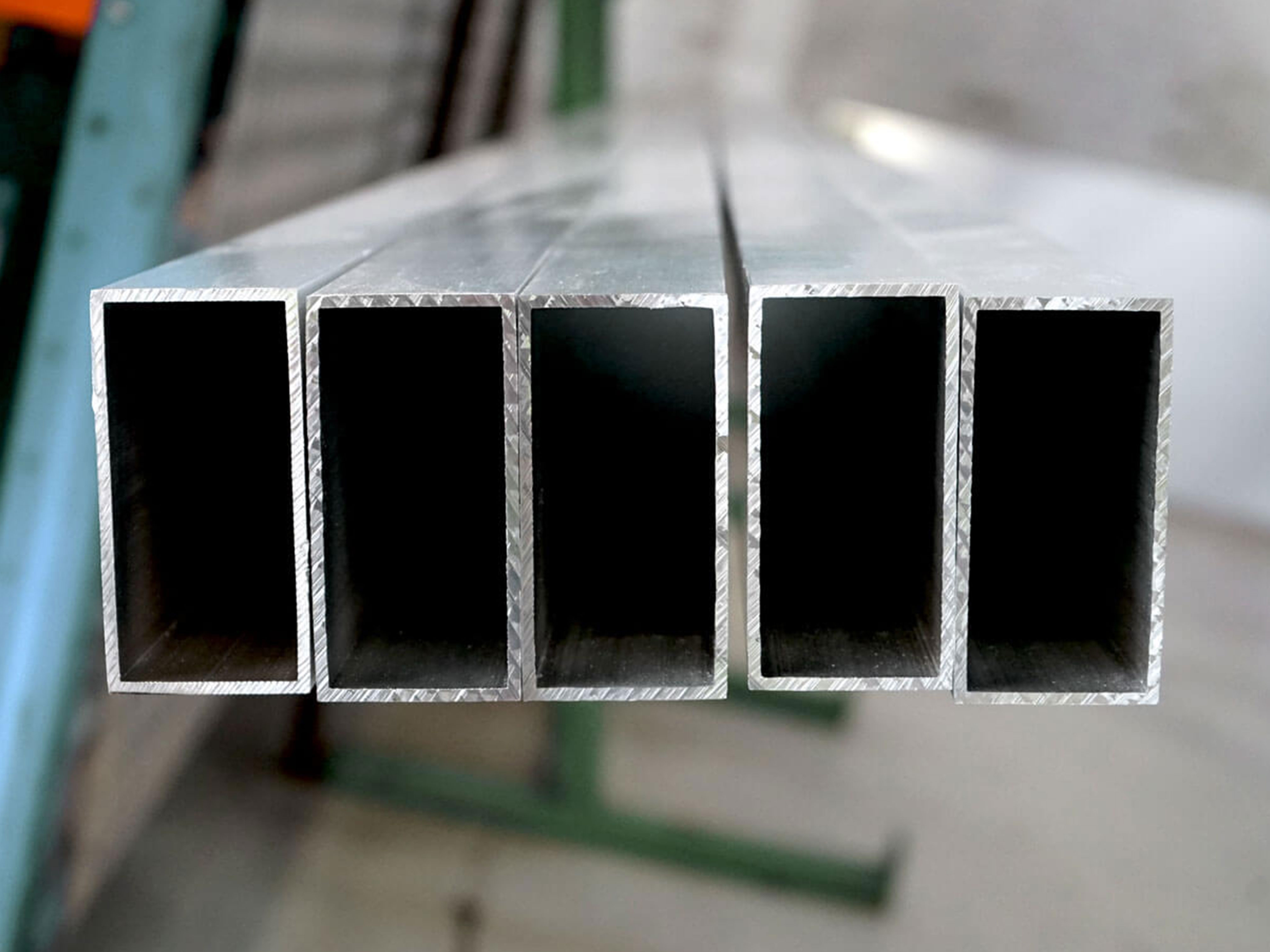
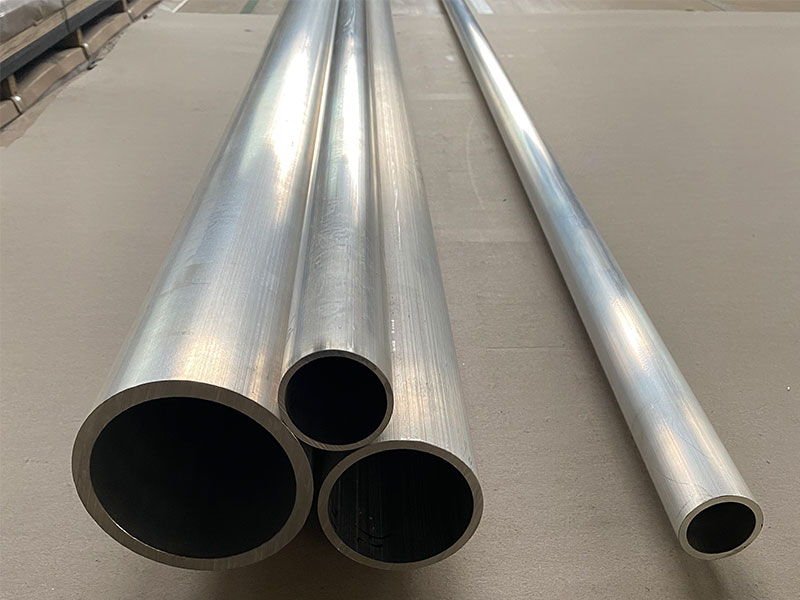
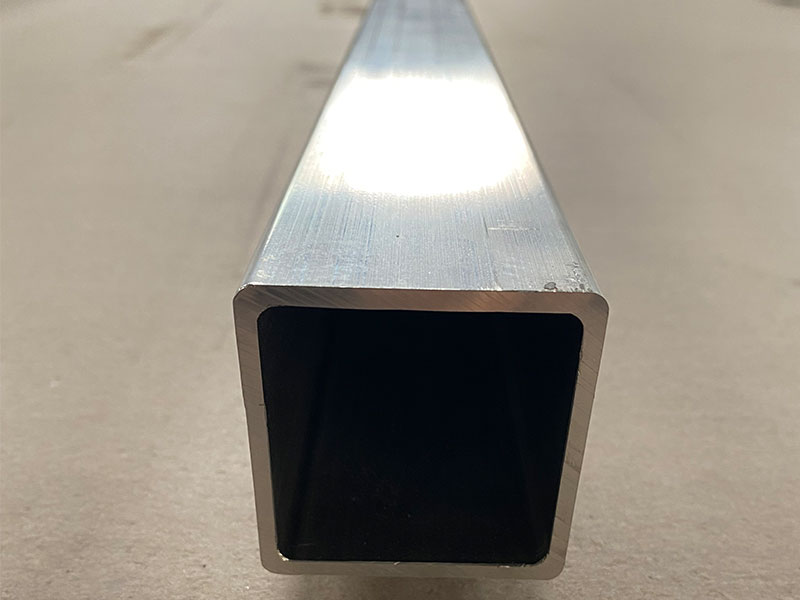
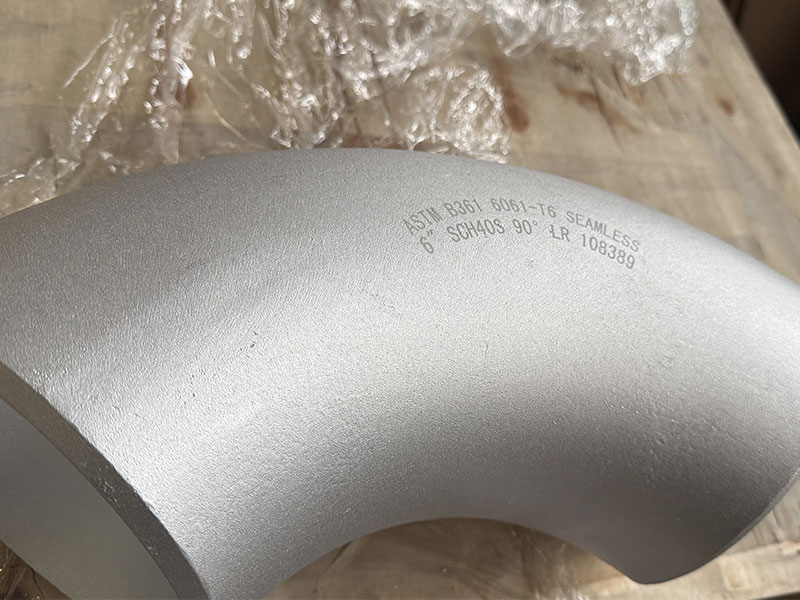
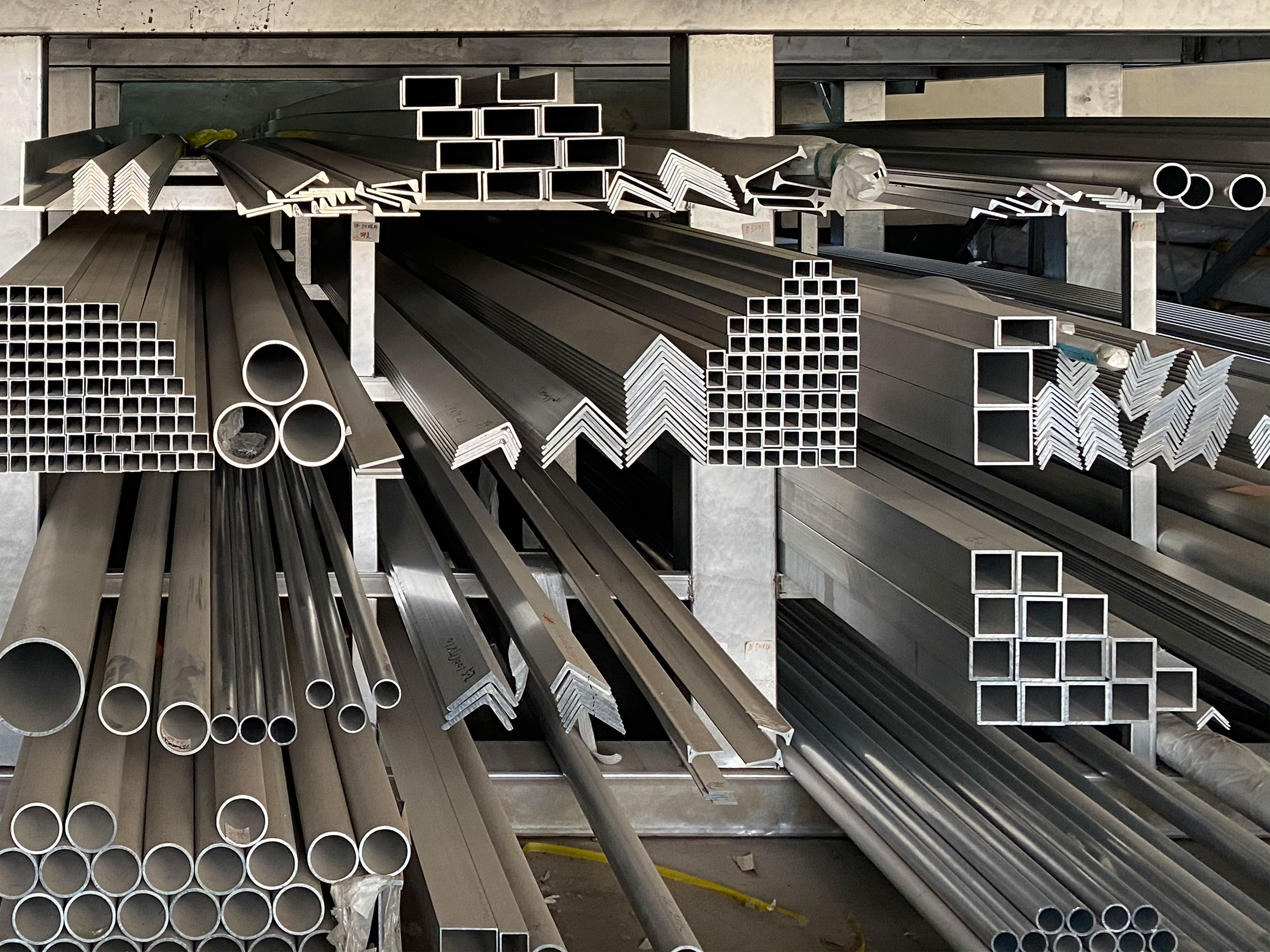







Leave a Message